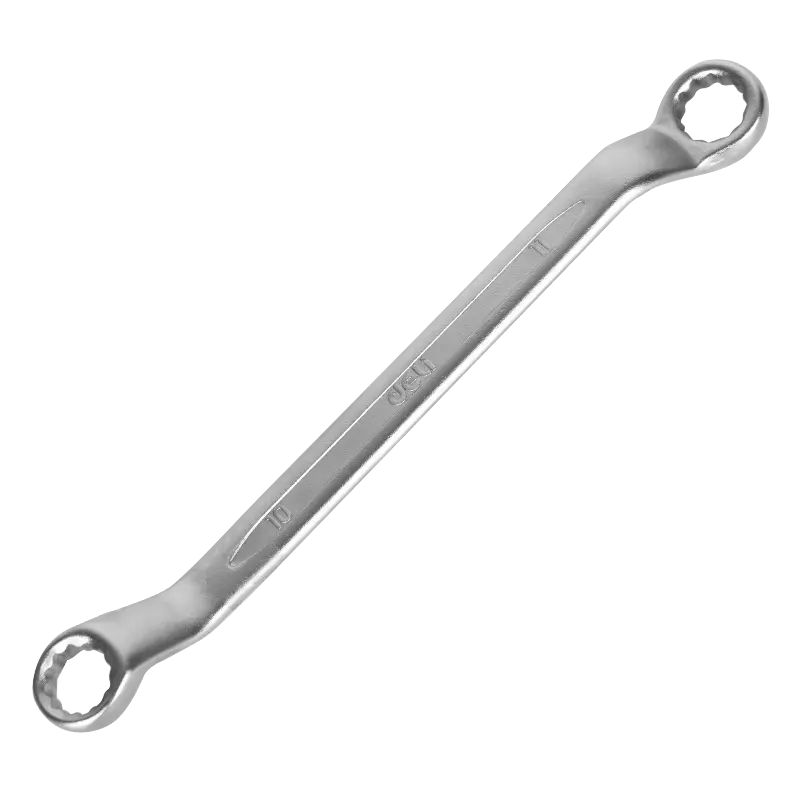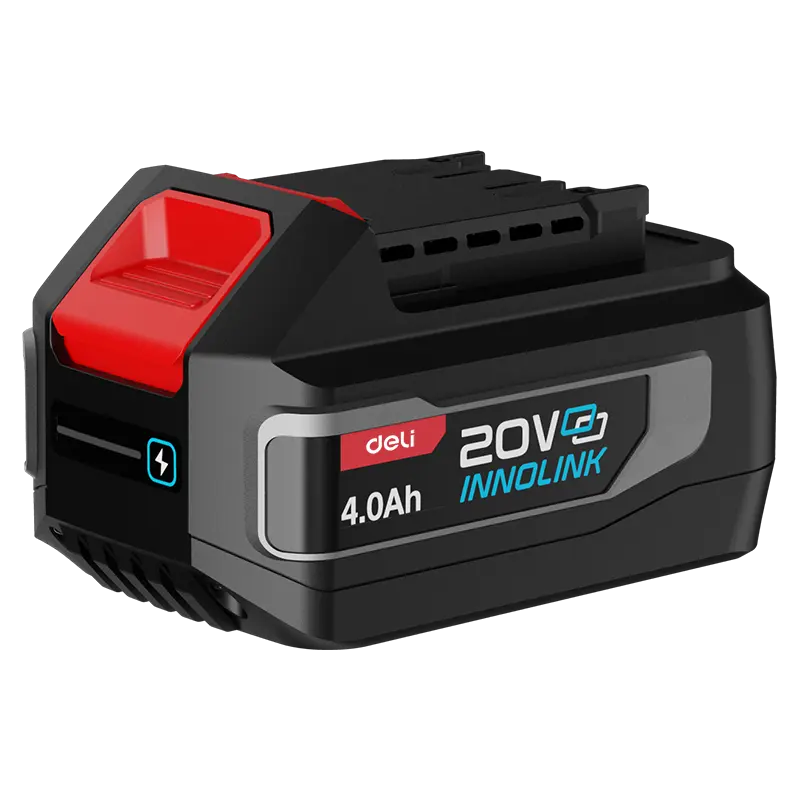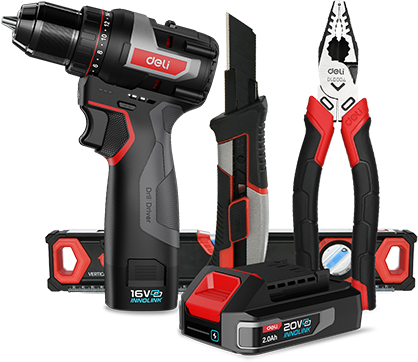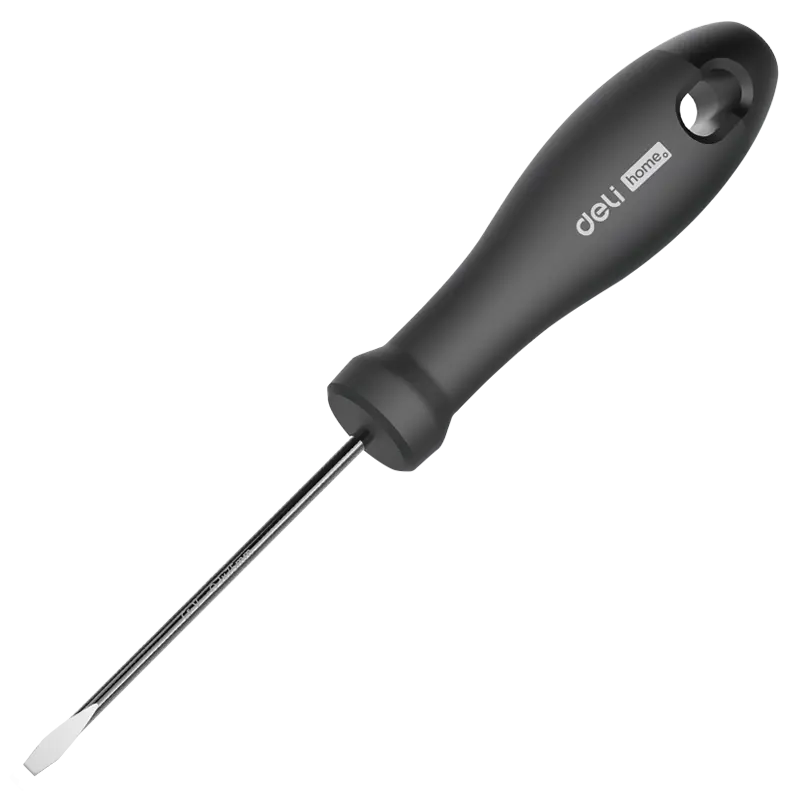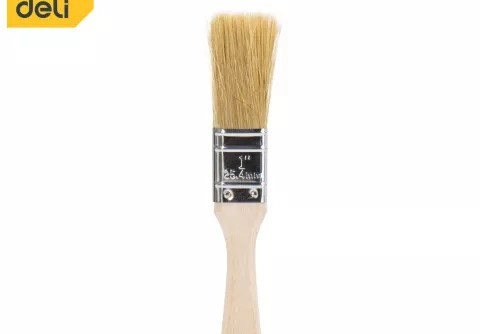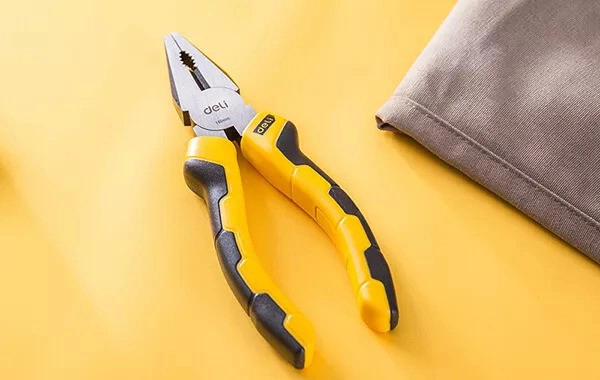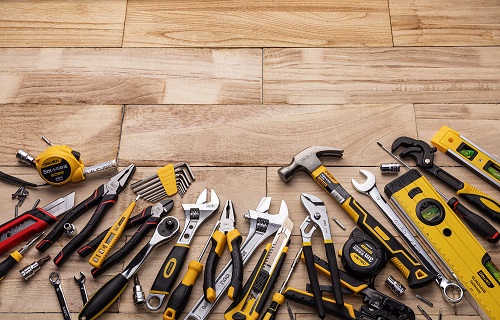A ratchet wrench is a versatile tool that has revolutionized the mechanics of fastening and loosening nuts and bolts. This innovative tool uses a ratchet mechanism that allows for continuous motion in one direction while preventing movement in the opposite direction. This feature makes the ratchet wrench an indispensable tool in various industries, including automotive repair, construction, and machinery maintenance. The simplicity and efficiency of a ratchet wrench from a wrench manufacturer have made it a favorite among professionals and DIY enthusiasts alike.
The Mechanics of a Ratchet Wrench
At the heart of a ratchet wrench is the ratchet mechanism, which comprises a gear and a pawl. This mechanism allows the wrench to tighten or loosen a nut or bolt with minimal effort from the user. The beauty of the ratchet lies in its ability to maintain engagement with the fastener while making a partial rotation back for another turn. This eliminates the need to detach and reattach the tool with every movement, significantly speeding up the task at hand.
The ratchet wrench's design also includes a selector switch that enables the user to change the direction of the ratcheting action, making it possible to tighten or loosen fasteners with the flip of a switch. This feature adds to the tool's versatility, allowing it to adapt to various tasks without the need for multiple tools.
Applications of a Ratchet Wrench
The ratchet wrench by the top ratchet wrench supplier finds its use in numerous settings, demonstrating its versatility. In automotive repair, it is invaluable for working in tight spaces where traditional wrenches would require constant repositioning. The ratchet mechanism allows for efficient work in such constrained environments, making it easier to complete tasks like changing a car's oil or replacing brake pads.
In construction and machinery maintenance, the ratchet wrench speeds up the assembly and disassembly processes. Its ability to quickly fasten or unfasten bolts saves time and labor, increasing overall productivity. Furthermore, the tool's compact design makes it ideal for working on intricate pieces of machinery where precision and efficiency are paramount.
Choosing the Right Ratchet Wrench
When selecting a ratchet wrench from the China tools wholesaler, it's important to consider the size and type of projects you plan to undertake. Ratchet wrenches come in various sizes, each suited for different types of bolts and nuts. For automotive work, a set that includes multiple sizes is ideal to accommodate the varying sizes of fasteners found in vehicles.
The material of the ratchet wrench is another critical consideration. High-quality materials such as chrome vanadium steel offer durability and resistance to corrosion, ensuring that the tool lasts longer and performs reliably under harsh conditions.
Maintenance Tips for Ratchet Wrenches
To ensure the longevity and optimal performance of your ratchet wrench, regular maintenance is essential. Keeping the tool clean from dirt and grime prevents buildup that can impair its functionality. Applying a light oil to the ratchet mechanism can keep it operating smoothly and protect against rust.
Storing your ratchet wrench from Deli Tools Global properly also plays a crucial role in its upkeep. A dry, clean environment prevents moisture-related damage and keeps your tool ready for its next use. With proper care, your ratchet wrench will continue to be a dependable tool in your arsenal for years to come.
In conclusion, the ratchet wrench is more than just a simple tool; it's an innovative solution for efficiently handling nuts and bolts. Whether you're a professional mechanic, a construction worker, understanding how to use and care for your ratchet wrench can greatly enhance your projects' efficiency and outcome.

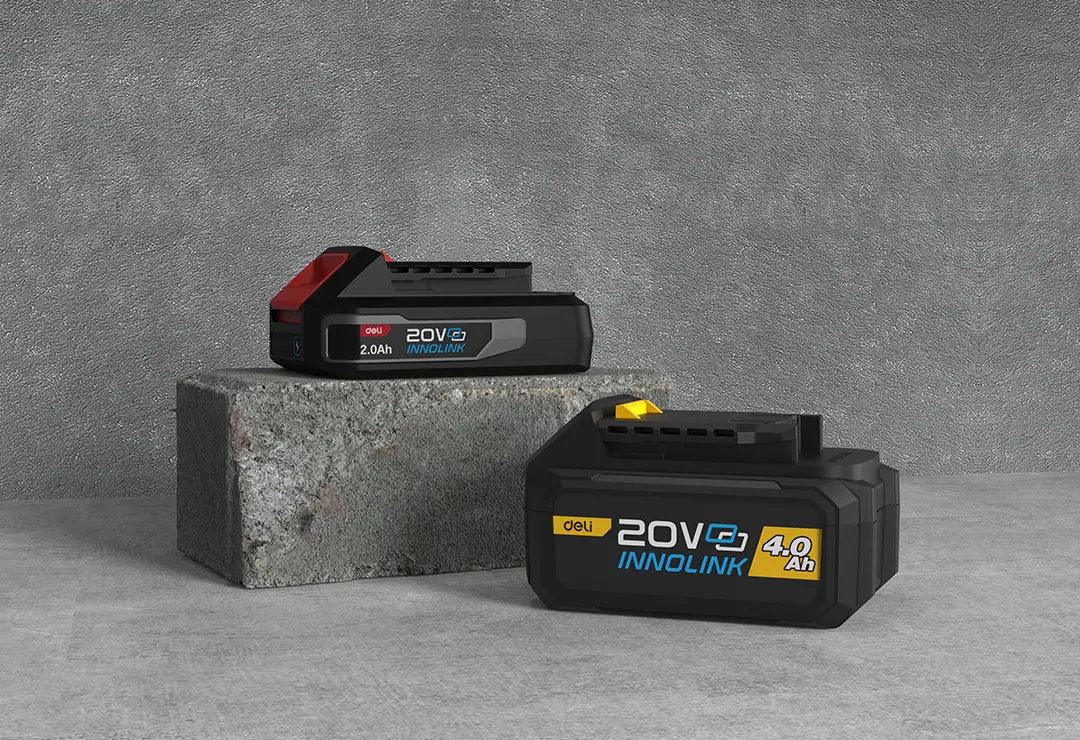
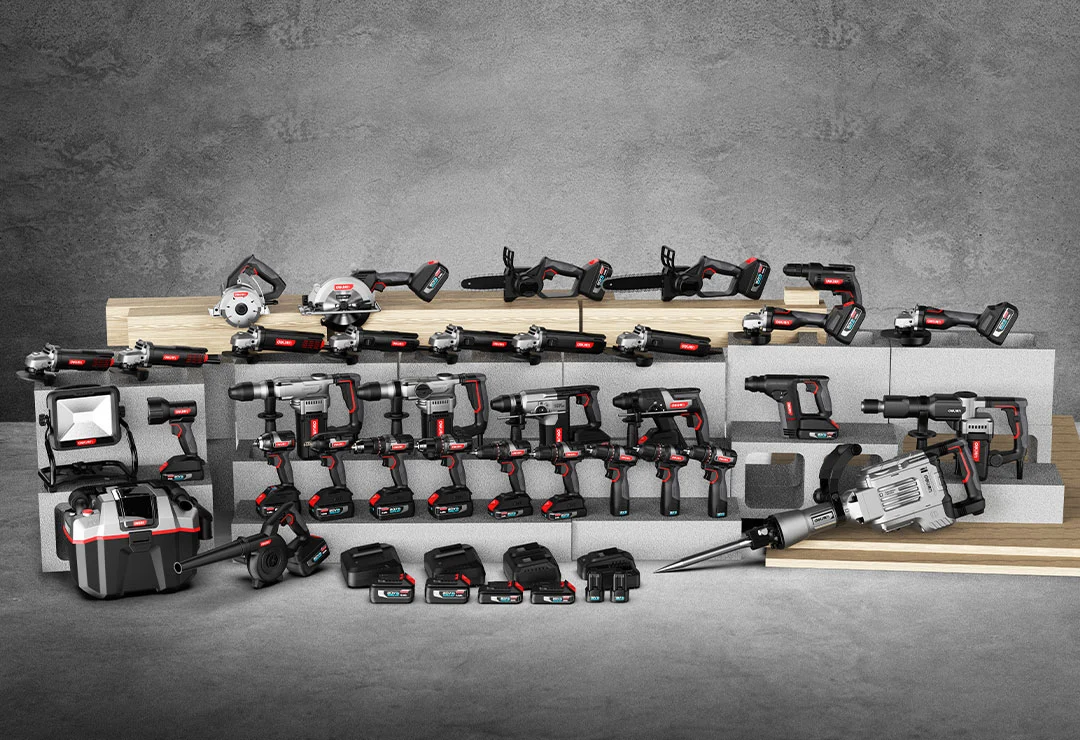
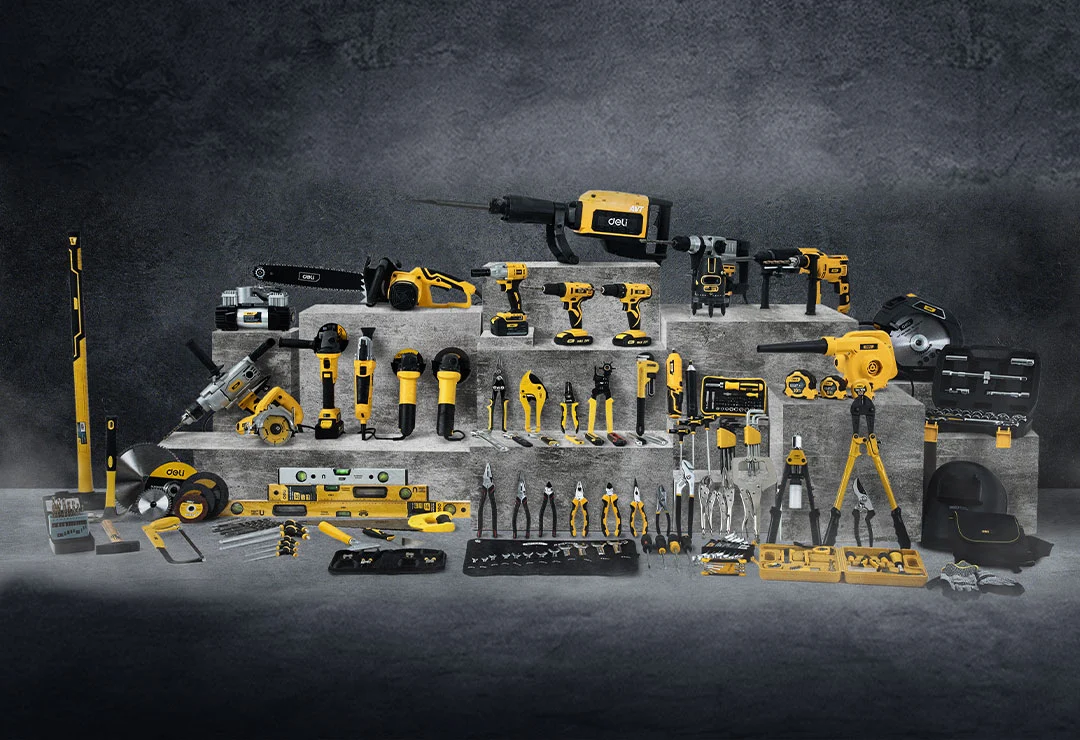
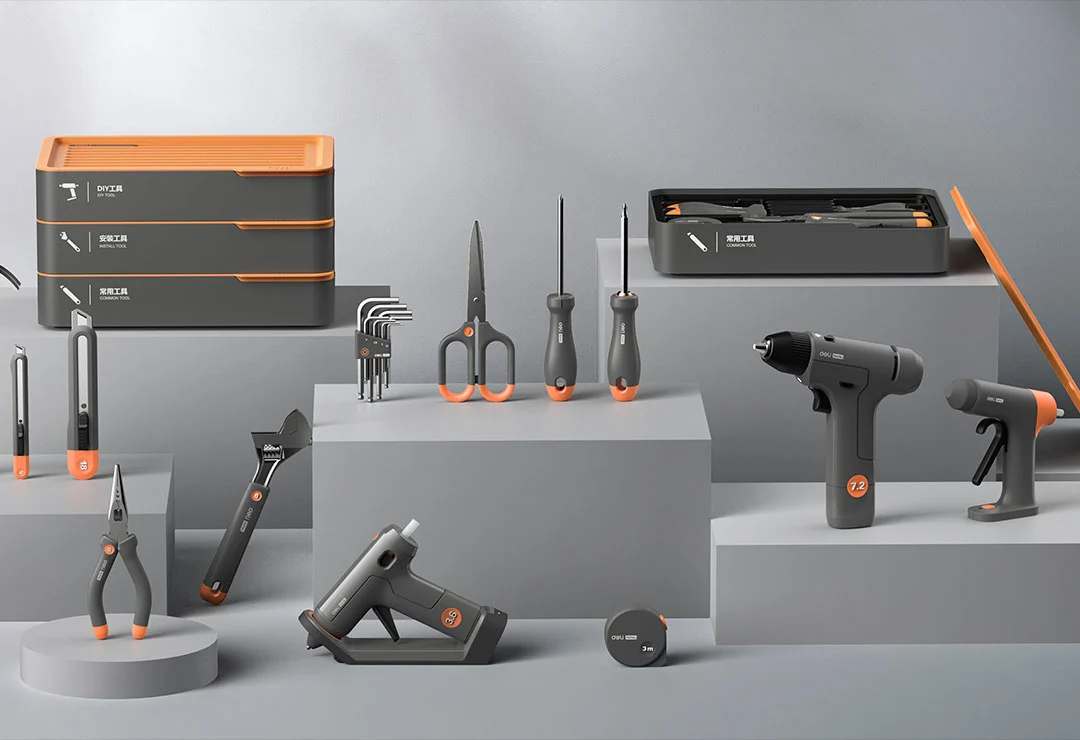
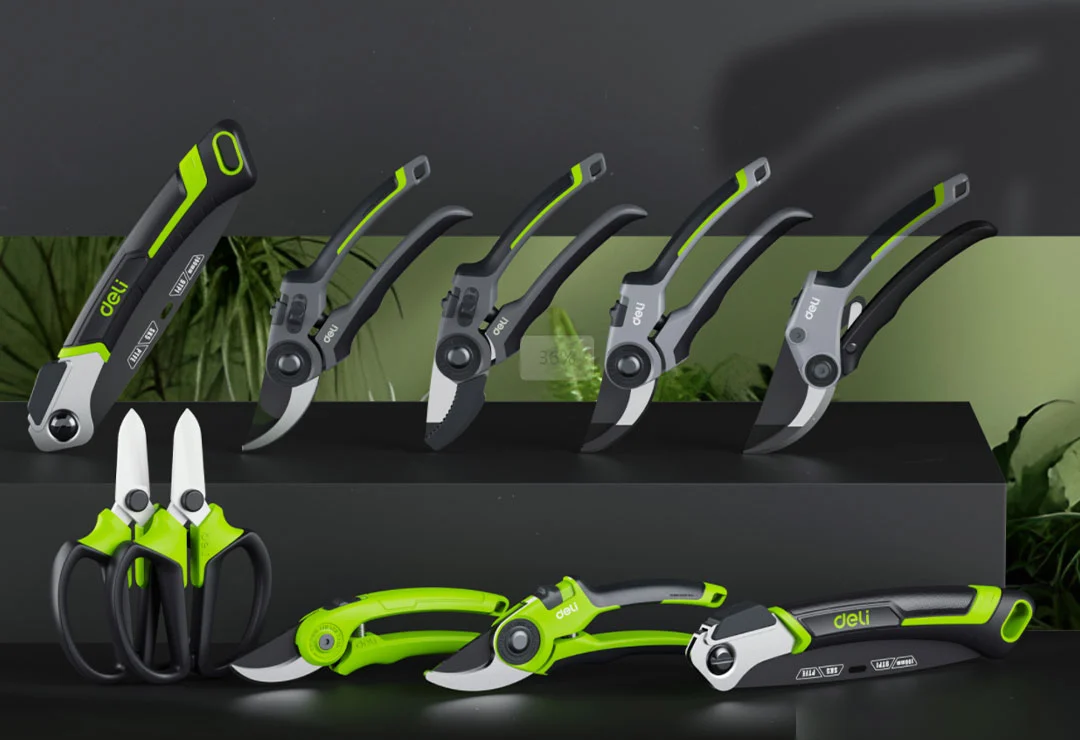
 EN
EN
 jp
jp  ko
ko  fr
fr  de
de  es
es  it
it  ru
ru  pt
pt  ar
ar  vi
vi  th
th  hi
hi  pl
pl  id
id  el
el 